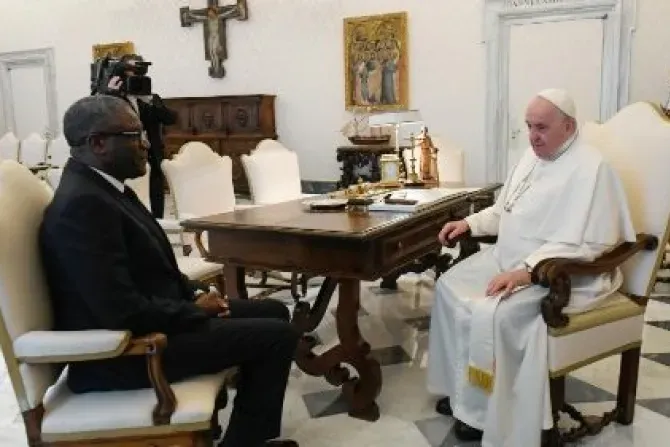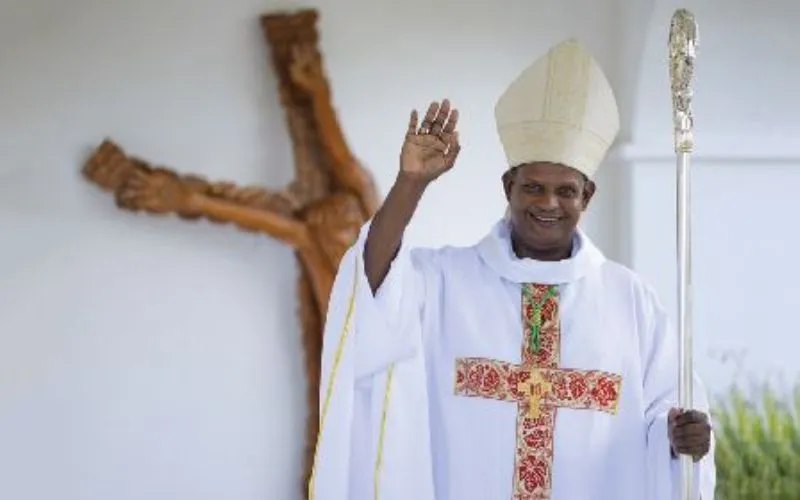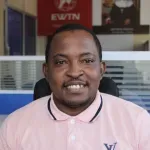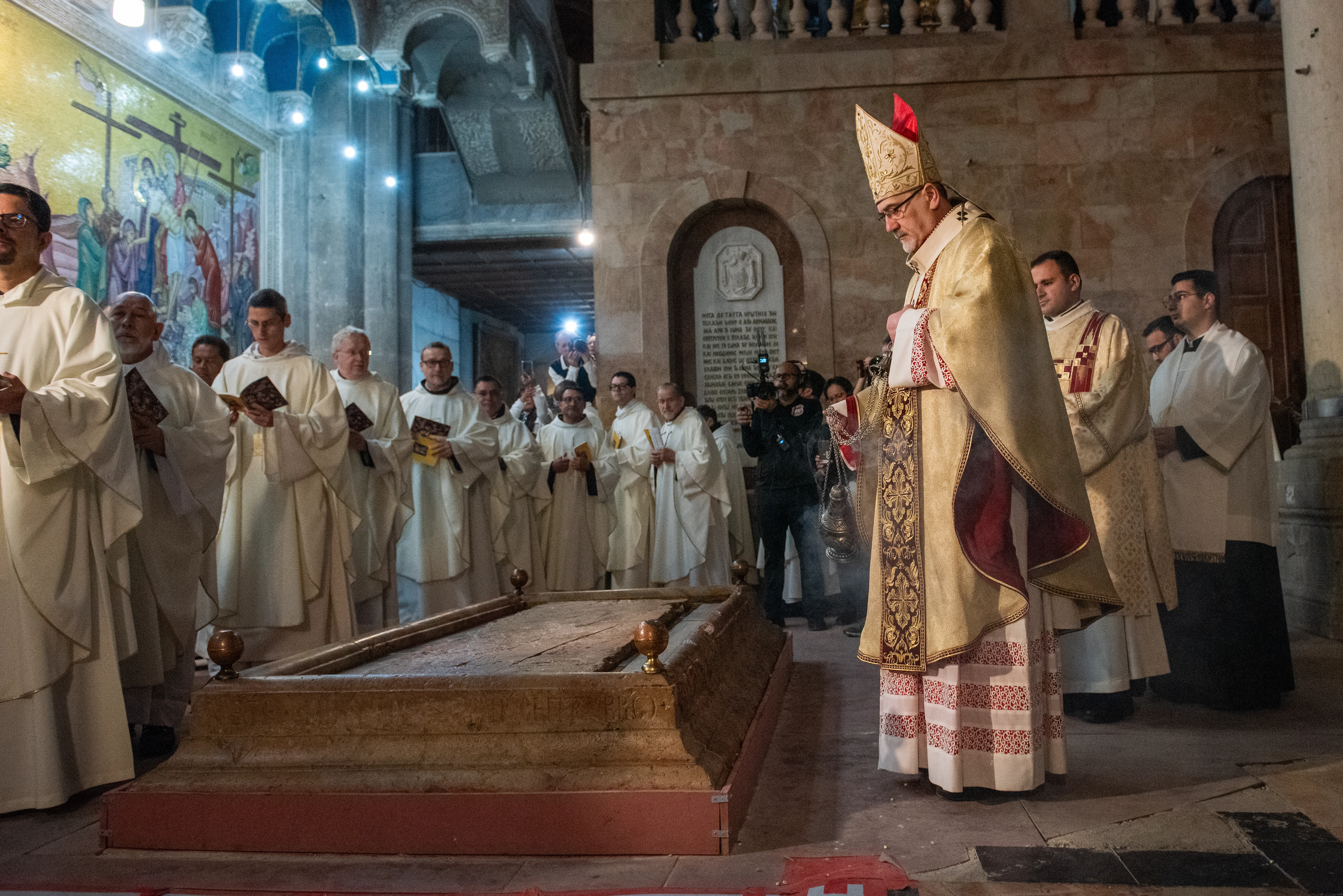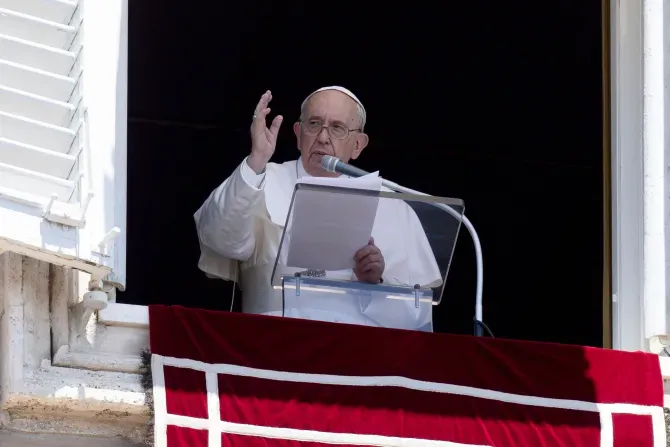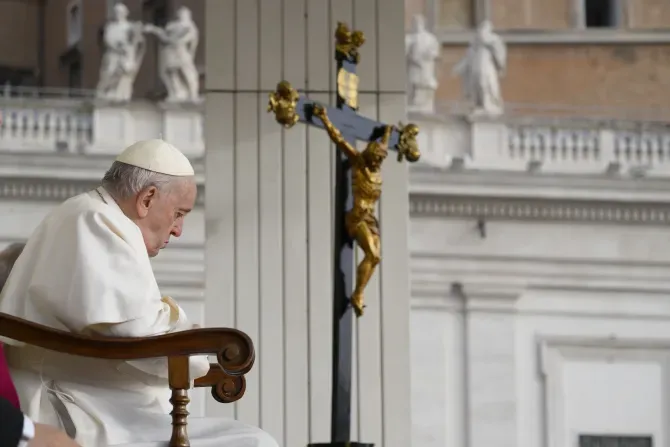Vatican, 11 December, 2022 / 9:45 pm (ACI Africa).
The planned Papal visit to the Democratic Republic of Congo (DRC) early next year signals peace for the people of God in the Eastern part of the country, the 2018 Nobel Peace Prize winner, Denis Mukwege, has said.
In an interview with Vatican News Friday, December 9 shortly after an audience with Pope Francis, Mr. Mukwege, a Congolese physician known for his service of offering healthcare to victims of sexual violence, recalled his encounter with the Holy Father and spoke about the ongoing crisis in the Central African nation.
“This visit was for me a special grace, an honor to have met a man of faith, a man of peace, a person who works for peace, justice, and inclusion throughout the world and in the particular context today with multiple crises,” he has been quoted as saying.
The rescheduled visit of Pope Francis to DRC, the Congolese physician said, is “a strong signal” that demonstrates the Holy Father’s solidarity with “our people plunged into conflict for more than 25 years.”
On December 1, officials of the Holy See Press Office announced that Pope Francis’ rescheduled visit would begin in DRC from January 31, and conclude with an “Ecumenical Pilgrimage of Peace in South Sudan”.



